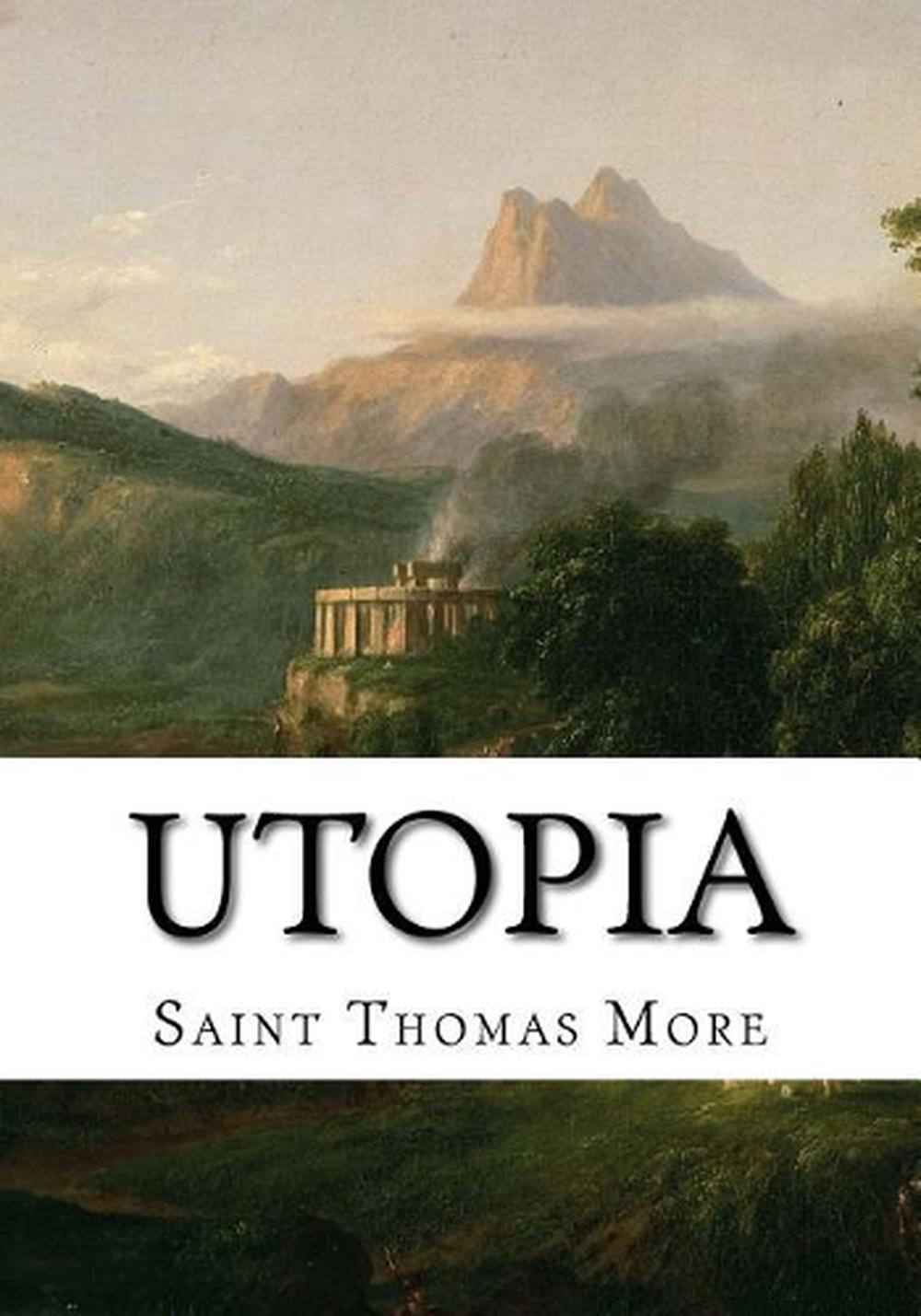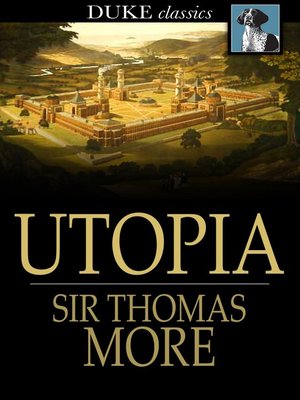

Giles is a printer and editor, as well as a clerk for the city. The three men retire to Giless house for supper and conversation, and Hythloday begins to speak about his travels.

He writes a letter to a friend in Antwerp (Belgium) named Peter Giles. The reception of the work has been shaped by this ambivalence audiences have interpreted Utopia both as an excoriation and a defense of communism. Utopia Summary Thomas More is a public servant living in London with his family. Although told primarily from the limited first-person vantage of More (who also appears as a character ), the work is mostly presented as faithful recollection of the words of a character named “Raphael Nonsenso.” In the original text Raphael’s name appears in Greek as “ Hythlodaeus,” meaning “dispenser of nonsense.” For these reasons, it remains unclear whether More is primarily satirizing communist views or capitalist and monarchist views, or both. The order and dignity of such a state was intended to provide a notable contrast with the unreasonable polity of Christian Europe, divided by self-interest and greed for power and riches, which More then described in Book I, written in England in 1516. The book shifts, for instance, between fictional documentary evidence like poems and letters to More’s recollection of his meeting with Raphael. The complex, multigenre framing allows More to cultivate some distance between his views as an author and the philosophical and political positions espoused in the book. More combines various elements from philosophical dialogues (such as Plato’s Republic) and New World travel literature (such as the pamphlets of Amerigo Vespucci) to frame the discussion. They constitute one of the first topics discussed at length in the text, suggesting their importance, and.

Barton near the conclusion of the book helps West to comprehend the just. Sir Thomas More’s Utopia explained with chapter summaries in just a few minutes Course Hero Literature Instructor Russell Jaffe provides an in-depth analysi. Utopia describes an ideal island nation from which the novel receives its name. 1, 1-10 for a thorough twentieth - century summary, see Darko Suvin's.


 0 kommentar(er)
0 kommentar(er)
